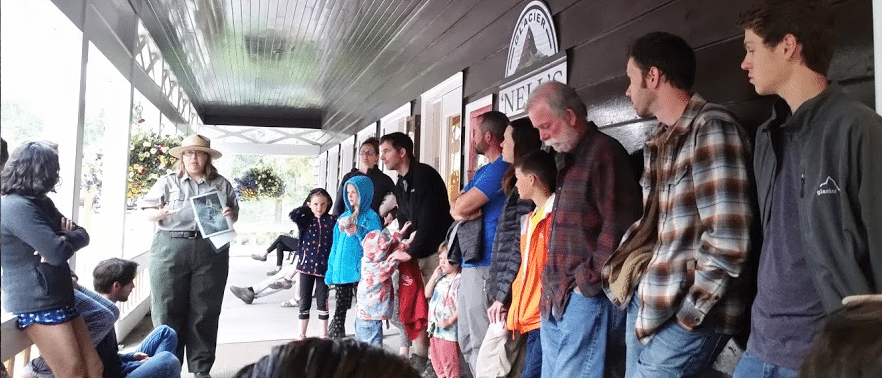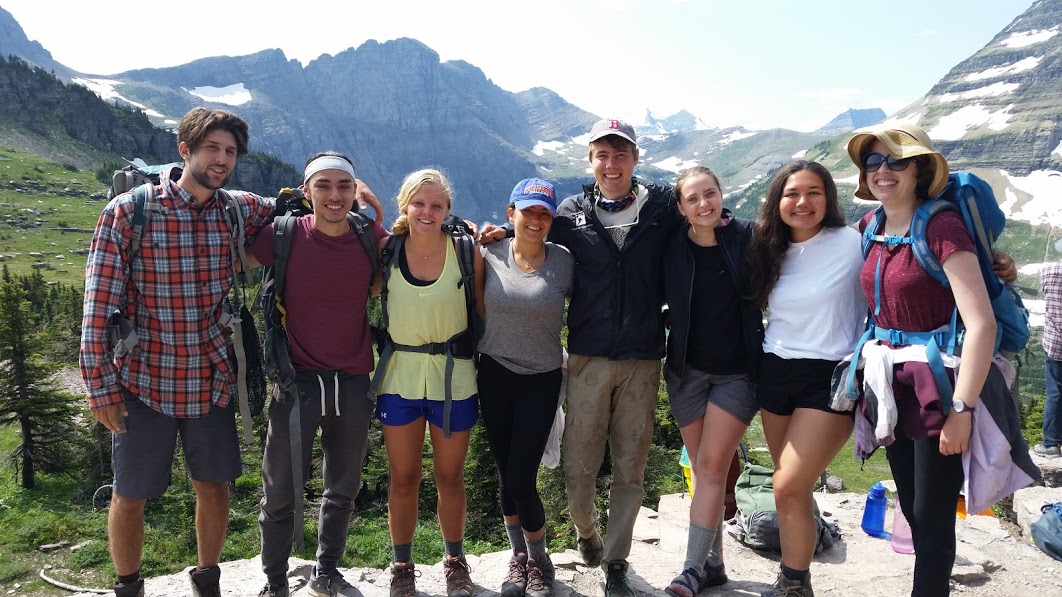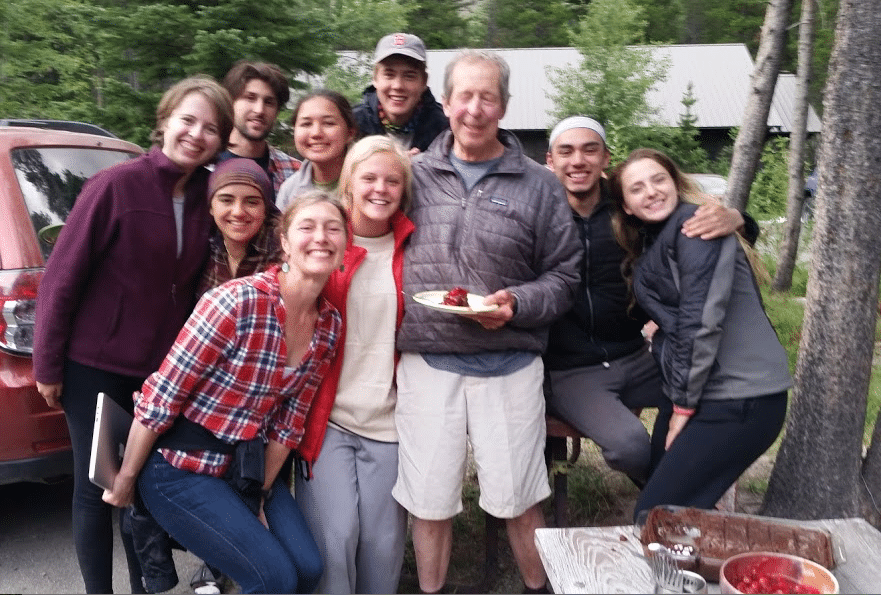“If you make a mess you will be out of the park by tomorrow morning” was one of the first phrases I heard after entering Glacier National Park. I was taken aback by this abrasive welcome, but as my time in the park progressed, I began to understand that park rangers not only have a duty to protect the park because it is their job, but also because it is their home.
Sue was the first ranger I encountered in the park and her intimidating welcome made me nervous about the future red tape our research group would encounter. My second interaction with a ranger did not improve my apprehensive mind; as I wandered around the ranger station, I unknowingly crossed into the Rangers’ housing and was confronted by Ranger Diane.
However, within the first few days, my perspective changed as I started to see the park from the Rangers’ perspectives. Sue had been so strict with us because a juvenile bear in Many Glacier had followed a man back into the campground and stolen his food, causing the campground to be closed until the bear was caught and euthanized. After additional conversations, I realized that Sue thought of the bears in the park as her own children and did not want our lack of caution to cause another bear to become habituated and meet the same fate. Similarly, Diane snapped at my roaming because it was her home, and intense visitation in the Park has caused strain on their limited resources (https://missoulian.com/news/local/it-s-not-a-relaxed-environment-glacier-staff-share-challenges/article_825febea-03b1-520c-95e8-20b076fedee1.html).
Usually, visitors do not take the time or are not in the park for a long enough to get to know the rangers well enough to understand the importance of the park. By the second week, I and other members of the group often found ourselves feeling like we belonged in the Park – rangers in training!- as we could pass on advice we had learned from the rangers to other visitors.
One of my fondest moments, which encapsulated the close relationship we cultivated with the rangers, was when our group presented what we had found from our two weeks of research in the park. Many a time, visitors nod their head politely as they got caught in our gushing rants over the coring process, but unlike the visitors, the rangers shared the same excitement as us. Ranger Kara found our work so exciting that she even took notes to share with other rangers that could not make it to the talk. Kara had already been incorporating the results from previous Keck student research into her talks during ranger-led hikes; she described the cores and lakes as “history books of the park.”
Ranger Sarah was kind enough to let us keep some of our equipment outside of her house and when she was asked about the bulky pipes and boxes lining the front of her house she proudly exclaimed that she was assisting in research. Similarly, rangers in the park often mentioned our work to visitors as they explained the erosion process in connection to the lakes and glaciers. It was an unbelievable feeling when people in the park approached us and said they had heard about our work from the rangers. The rangers in Glacier National Park made our teams’ experience in the park incredible because it showed us how meaningful our research is to the Park and to the public!




